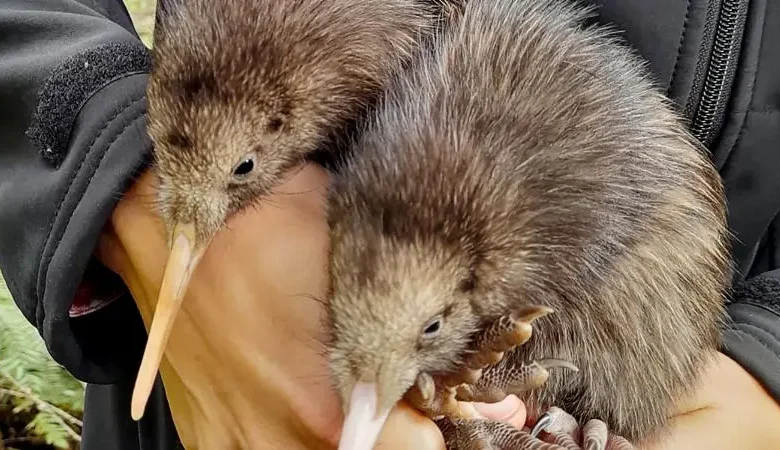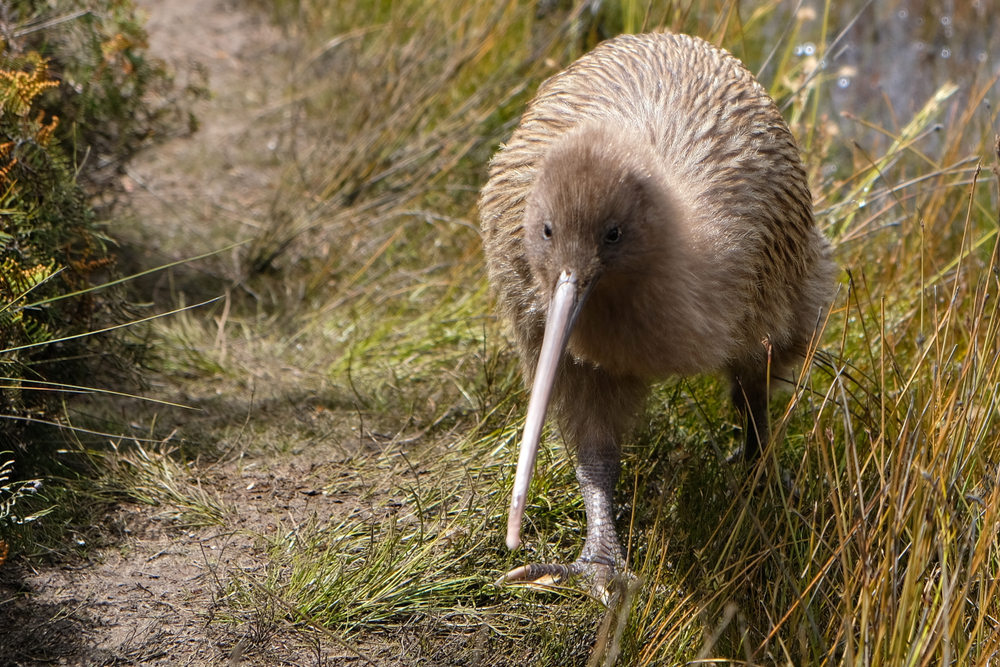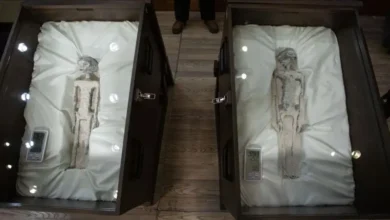New Zealand gets first wild-born kiwi birds in a century

Conservationists in New Zealand have recently made an exciting discovery of kiwi chicks being born in the wilds surrounding Wellington for the first time in over a century. Kiwi birds are an iconic national symbol in New Zealand, but sightings of these fluffy, flightless birds with their long beaks in the wild are extremely rare.
Sadly, kiwi birds are among the most vulnerable species in New Zealand, with the Department of Conservation estimating that there are only approximately 26000 brown kiwis left in the country.
To combat this population decline, the Capital Kiwi Project, launched last year, released several dozen adult kiwi birds into the wild near Wellington. The hope was to establish a population in the area and protect the future of these beloved birds.

The project has reason to celebrate once again as four kiwi chicks have been discovered in the hills of Wellington. This marks the first time chicks have been observed in this region in over 150 years. “This is very special for the team which has been working hard for the last few years,” said Paul Ward, the project founder. He considers the birth of these chicks as a “massive milestone” toward the project’s goal of building a wild population of kiwi birds near Wellington.
The discovery of the chicks happened unexpectedly. During a routine nest check, a project volunteer was surprised to find a freshly hatched chick in one of the nests.
As he retrieved the first chick, another one scurried past him. The team found two chicks last week and an additional two this week, bringing the total number of chicks to four.
The project’s next aim is to ensure the survival of the young kiwi birds by helping them gain enough weight to fend off stoats, their natural predators. As a Christmas treat, the team plans to provide extra worms to the chicks to help them put on weight.

The project has also taken steps to control predators such as stoats. Local dog owners have been invited to sessions to learn how to keep their pets away from kiwi birds during walks. The project has also set up a massive network of 4600 traps covering an area equivalent to nearly 43000 football pitches to combat stoats.
Project founder Ward is optimistic about the future. With only a quarter of the 63 released adult birds being monitored, he believes there is a high chance of more chicks being born in the wild.










